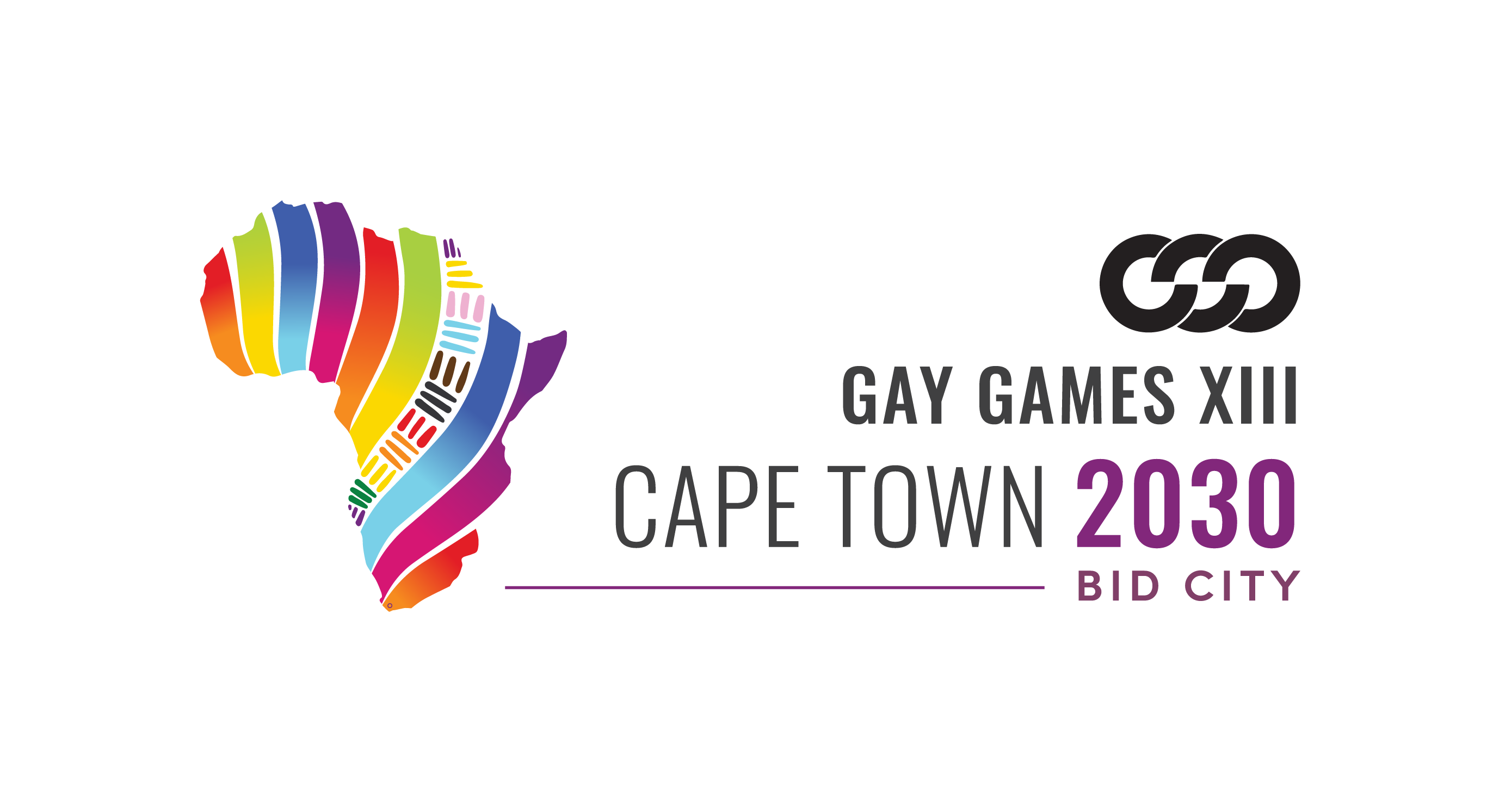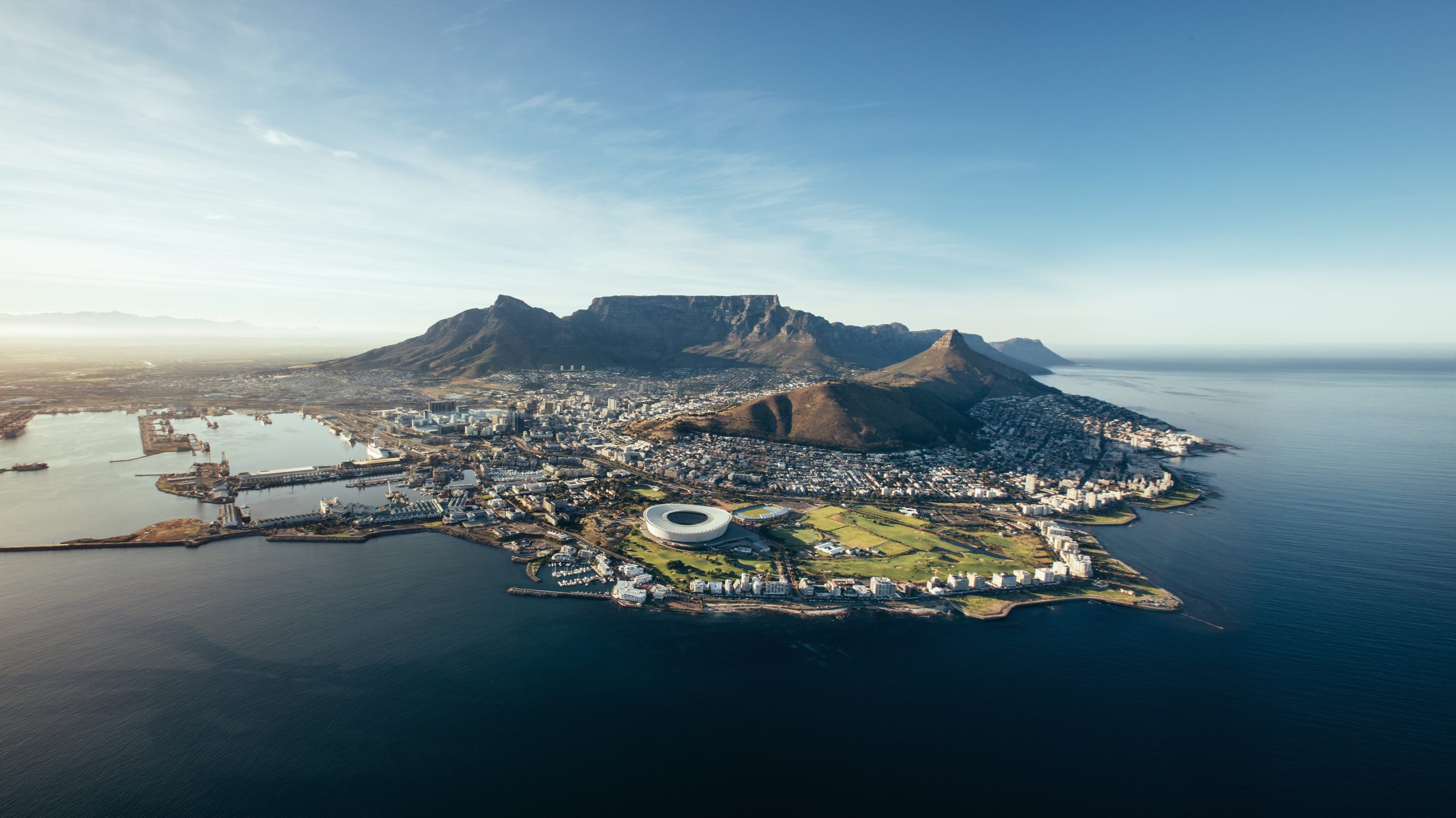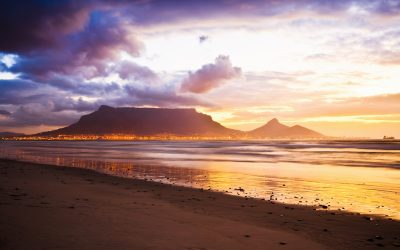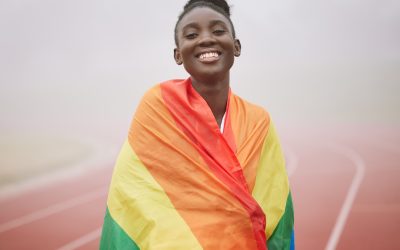Cape Town is currently one of seven cities – and the only one on the African continent – in the running to host the 2030 Gay Games. And this weekend, a delegation of Capetonians will officially present the Mother City’s bid to host the 13th edition of the event in Washington DC.
The quadrennial event has been staged in cities across the globe since 1982. Africa and South America are yet to host this event that celebrates diversity, inclusion and personal best within the global LGBTQIA+ community.
“The Games hosts well over 10,000 LGBTQIA+ participants – from novice to elite level – who compete in over 30 sporting events over the course of 10 days,” says Ian McMahon, who has been on a mission to bring the event to the Mother City for over a decade, and is supporting the bid team for the 2030 Gay Games.
“Athletes across the sexual orientation and gender identity spectrum are welcome to participate, making it one of the most inclusive mass-participation sporting events in the world.”
In addition to the sports programme, the Gay Games also features a cultural programme that includes theatre, choral and music performances, art exhibitions, remembrance ceremonies and more.
“Cape Town is perfectly placed to host the Gay Games in 2030,” adds David Ryan, Co-chair of the Games Cape Town 2030 Bid Committee.
“While the Mother City is world-renowned among the global LGBTQIA+ community as the Gay Capital of Africa, we also see this bid to host the Gay Games as a platform to start conversations and reshape the narrative around what it means to be queer in Africa. We want to do more than just host a 10-day event with a 10-day impact; the Gay Games will be just the start of our mission to promote acceptance and leave a legacy of lasting change in Cape Town, South Africa and Africa.”
The Gay Games Cape Town 2030 Bid Committee comprises a team of prominent LGBTQIA+ changemakers, including the legendary Sheryl Ozinsky – the person behind some of Cape Town’s most prominent attractions, MCQP founder Andre Vorster, Olympian Leigh-Ann Naidoo and activist Ndumie Funda.
Event specialists WorldSport South Africa have been appointed to oversee the hands-on operational requirements of the event, and have curated a programme that includes 34 sporting and 12 cultural events as part of the bid.
“We are laser focused on bringing the Gay Games to Cape Town and showing the world once again why the Mother City is considered the sports and events capital of the world,” says Bruce Parker-Forsyth. “Our team comprises event professionals that are experts in their respective fields, and passionate about the opportunity to stage an event that is as much about sport as it is about passion, heart and inclusion.”
Cape Town Mayor, Geordin Hill-Lewis, has also added his support to the bid, adding, “South Africa is a beacon of diversity and inclusion, with one of the most progressive constitutions upholding human rights. In Cape Town you can proudly be who you are – living authentically, and protected against discrimination and exclusion based on religious beliefs, gender identity or sexual orientation.
“With our reputation of investing in safety and history of hosting some of the most prominent events, Cape Town will make a great host city. I encourage everyone to Vote Cape Town so we can bring the Gay Games to Africa.”
The top 10 candidate cities were required to submit a formal bid in August. Since then, Cape Town has progressed to one of the top seven cities in contention. The other cities bidding to host the Gay Games in 2030 are Denver (USA), Auckland (New Zealand), Edmonton (Canada), Melbourne (Australia), Perth (Australia) and Taipei (Taiwan).
The shortlisted cities are expected to be announced in December, and the announcement of the 2030 host city will be made late 2025.
For more information, visit www.capetown2030.com.
[ENDS]
Note to Editors: About the Gay Games
The Gay Games is the world’s largest LGBTQIA+ sports and culture event, hosted once every four years in a different location around the world.
It was launched in San Francisco in the USA in 1982 as the brainchild of Olympic decathlete (Mexico City 1968) and medical doctor Tom Waddell, who wanted to promote the spirit of inclusion and participation, as well as to promote the pursuit of personal growth in a sporting event. Waddell wanted to recreate the Olympics’ power to bring people of various different backgrounds together through the international language of sport.
The event has similarities with the Olympic Games, including the Gay Games flame which is lit at the opening ceremony. The Games are open to all who wish to participate, regardless of sexual orientation or gender identity, and without the need to qualify.
The event welcomes over 10,000 participants from across the globe, including from countries where being a member of the LGBTQIA+ community is still illegal.
The 1994 Gay Games, held in June in New York City to coincide with the 25th anniversary of the Stonewall Riots, the modern start of the LGBT movement in the United States, “overtook the Olympic Games in size” with 10,864 athletes compared to 9,356 at the 1992 Barcelona Olympics and 10,318 at the 1996 Atlanta Olympics.
The Gay Games is governed by the Federation of Gay Games (FGG), which was founded in 1982 by Tom Waddell in response to the prejudice towards LGBTQIA+ athletes and their inability to openly participate in sporting events.
The 2023 Gay Games – which was postponed amid the COVID pandemic – was jointly hosted by Hong Kong and Guadalajara. The next Gay Games XII will take place in Valencia in 2026.
ISSUED ON BEHALF OF: Gay Games Cape Town 2030 Bid Committee
CONTACT: Leonie Mollentze
+27 82 550 1514



